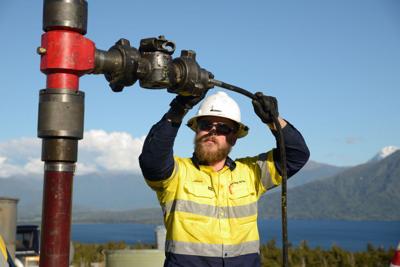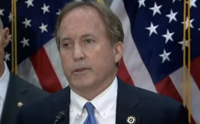(The Center Square) – The state of Texas is disputing a study that said taxpayers will on the hook for plugging abandoned oil and gas wells.
A recent study by the group Carbon Tracker estimated Texas taxpayers will have to pay $117 billion to cap abandoned wells.
Not so, Andrew Keese, spokesman for the Texas Railroad Commission, told The Center Square.
“Taxpayers do not foot the bill for the Railroad Commission’s state-managed plugging program,” Keese said.
State law requires that oil and gas companies plug their own wells once they are no longer in use, and most comply, Keese said.
“In situations when that does not occur, the state-managed plugging program addresses wells that are considered orphaned in accordance with state laws and regulations,” Keese said. “Railroad Commission staff prioritizes which orphan wells to plug based on potential risks to public safety and the environment.”
The Texas plugging program is funded by the industry, not taxpayers, Keese said.
“Various industry fees, such as financial security that operators must provide before drilling, as well as permit, pipeline and production related fees, support the state’s plugging of orphaned oil and gas wells,” Keese said.
In the 2020 fiscal year, Texas plugged 1,477 wells at an estimated cost of $30.7 million, Keese said.
Carbon Tracker paints a different picture. It said states aren’t getting enough money from oil and gas companies to cover the cost of capping.
“When a company cannot pay, responsibility shifts to minimally funded state orphan well programs and then to taxpayers,” the non-profit research group said. “To assure performance of end-of-life obligations, regulators require companies to obtain surety bonds. Unfortunately, bonds currently cover roughly 1% of the closure costs. Operator defaults may put taxpayers at risk of picking up costs in excess of available bonds. “
Recent bankruptcies have increased the number of so-called “orphan wells,” the group said.
“Some states have thrown in the towel and allowed debtors to abandon unplugged wells to the state,” it said. “States can act now to protect their citizens and taxpayers. By increasing bond amounts to reflect actual costs, states can shift financial responsibility to industry where it belongs and simultaneously position themselves to receive U.S. federal aid.”









